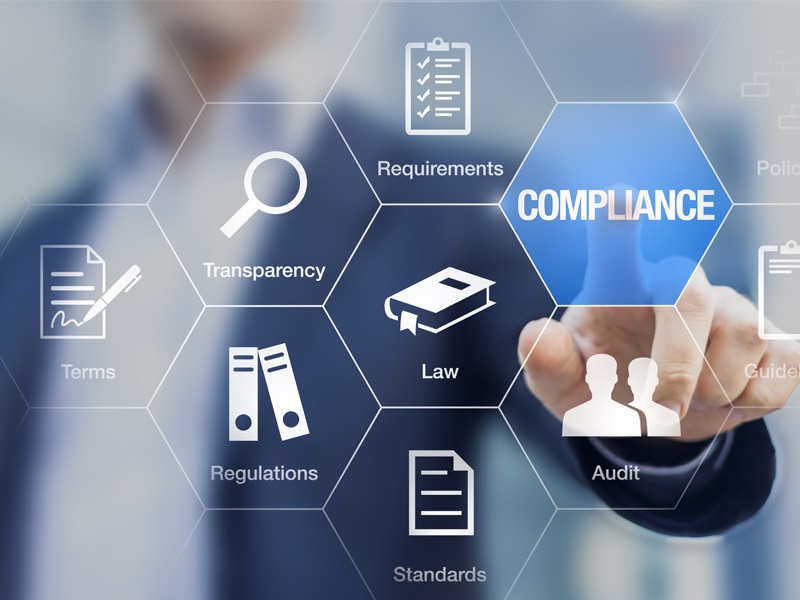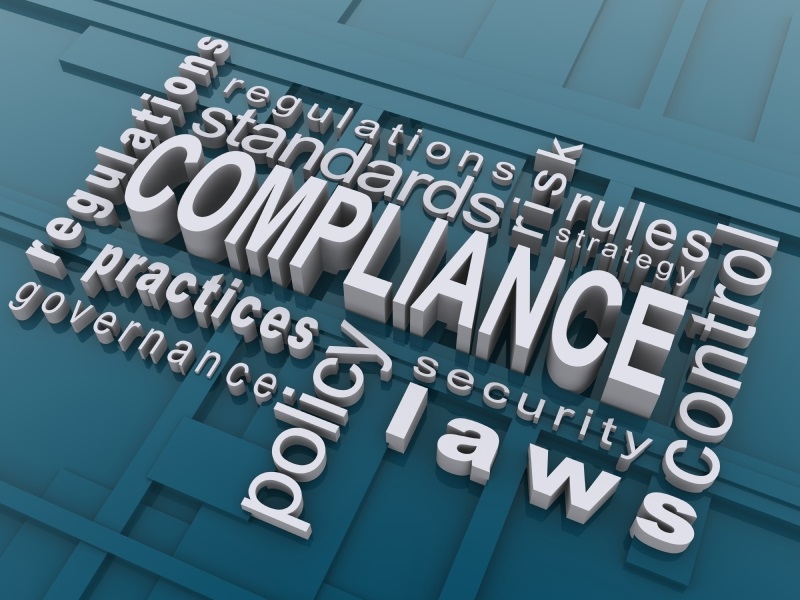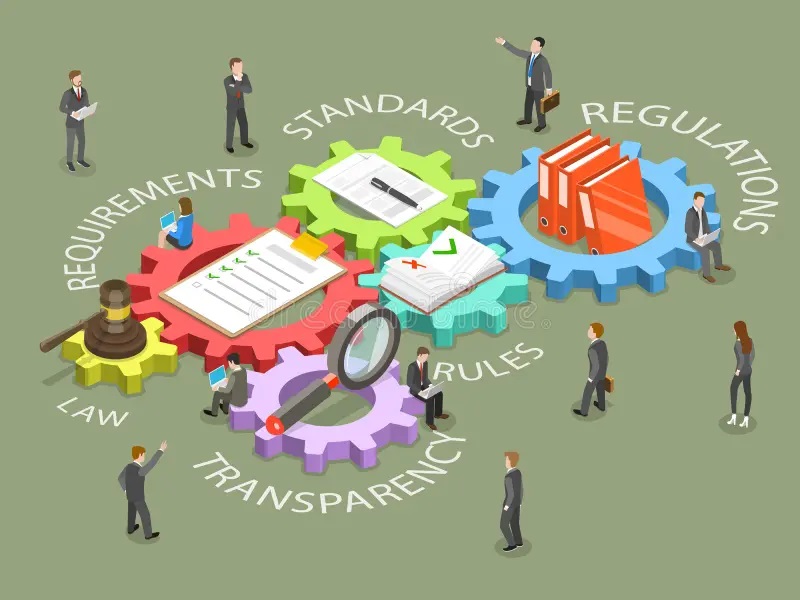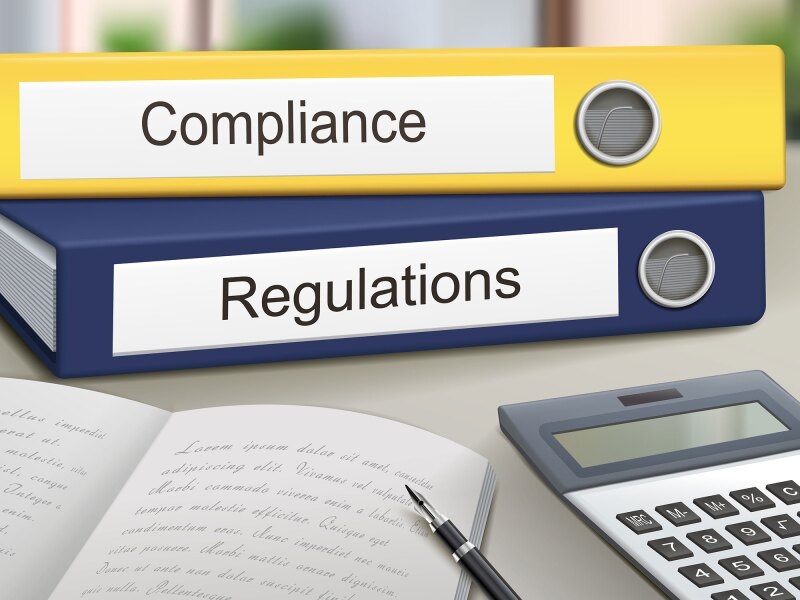GDPR: A Guide to Data Protection Compliance

The General Data Protection Regulation (GDPR) is a regulation by the European Union that came into effect on May 25, 2018. The regulation aims to strengthen and unify data protection for all individuals within the European Union (EU). GDPR has replaced the outdated Data Protection Directive of 1995 and introduces new rules about how personal data should be processed, stored, and protected.

Who does GDPR apply to?
GDPR applies to all organizations that process personal data of individuals within the EU, regardless of the organization’s location. This means that any company that offers goods or services to EU citizens or monitors their behavior must comply with GDPR. Even if the organization is located outside of the EU, it must comply with GDPR if it processes personal data of EU citizens.
What are the key principles of GDPR?
- Lawfulness, fairness, and transparency: Personal data must be processed lawfully, fairly, and in a transparent manner.
- Purpose limitation: Personal data must only be collected for specific, explicit, and legitimate purposes.
- Data minimization: Personal data must be adequate, relevant, and limited to what is necessary for the purposes for which it is processed.
- Accuracy: Personal data must be accurate and kept up to date.
- Storage limitation: Personal data must not be kept longer than necessary for the purposes for which it is processed.
- Integrity and confidentiality: Personal data must be processed in a manner that ensures appropriate security, including protection against unauthorized or unlawful processing and against accidental loss, destruction, or damage.
What are the rights of individuals under GDPR?
GDPR provides individuals with several rights to protect their personal data, including:
- The right to be informed: Individuals have the right to be informed about the collection and use of their personal data.
- The right of access: Individuals have the right to access their personal data and to know how it is being processed.
- The right to rectification: Individuals have the right to have their personal data corrected if it is inaccurate or incomplete.
- The right to erasure: Individuals have the right to have their personal data erased in certain circumstances, such as when the data is no longer necessary for the purposes for which it was collected.
- The right to restrict processing: Individuals have the right to restrict the processing of their personal data in certain circumstances, such as when the accuracy of the data is contested.
- The right to data portability: Individuals have the right to receive their personal data in a structured, commonly used, and machine-readable format and to transmit that data to another data controller.
- The right to object: Individuals have the right to object to the processing of their personal data in certain circumstances, such as when the processing is based on the organization’s legitimate interests.
What are the penalties for non-compliance with GDPR?
Organizations that fail to comply with GDPR can face significant penalties, including fines of up to €20 million or 4% of global annual turnover, whichever is higher. In addition to financial penalties, organizations can also face damage to their reputation and loss of customer trust.
How can organizations ensure GDPR compliance?
Organizations can ensure GDPR compliance by taking the following steps:
- Designate a data protection officer: Organizations should designate a data protection officer to oversee GDPR compliance and ensure that the organization’s data processing activities are in line with GDPR requirements.
- Conduct a data audit: Organizations should conduct a data audit to identify what personal data they collect and process, where it is stored, and who has access to it.
- Review and update policies and procedures: Organizations should review and update their policies and procedures to ensure they are in line with GDPR requirements.
- Implement appropriate technical and organizational measures: Organizations should implement appropriate technical and organizational measures to protect personal data from unauthorized access, loss, destruction, or damage.
- Provide GDPR training for employees: Organizations should provide GDPR training for all employees who handle personal data to ensure they are aware of their responsibilities under GDPR.
GDPR is an important regulation that aims to protect the personal data of individuals within the EU. Organizations that process personal data of EU citizens must comply with GDPR or face significant penalties. By understanding the key principles of GDPR, the rights of individuals, and taking appropriate measures to ensure compliance, organizations can protect personal data and avoid non-compliance penalties.



